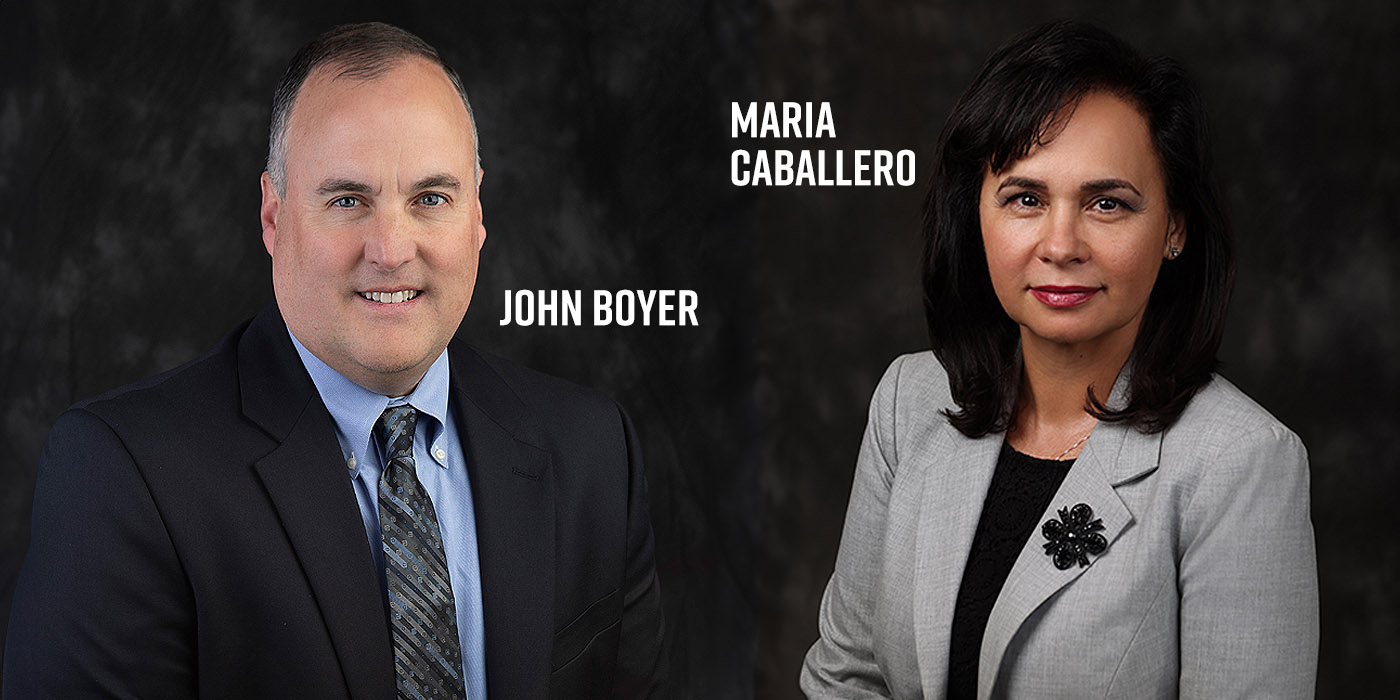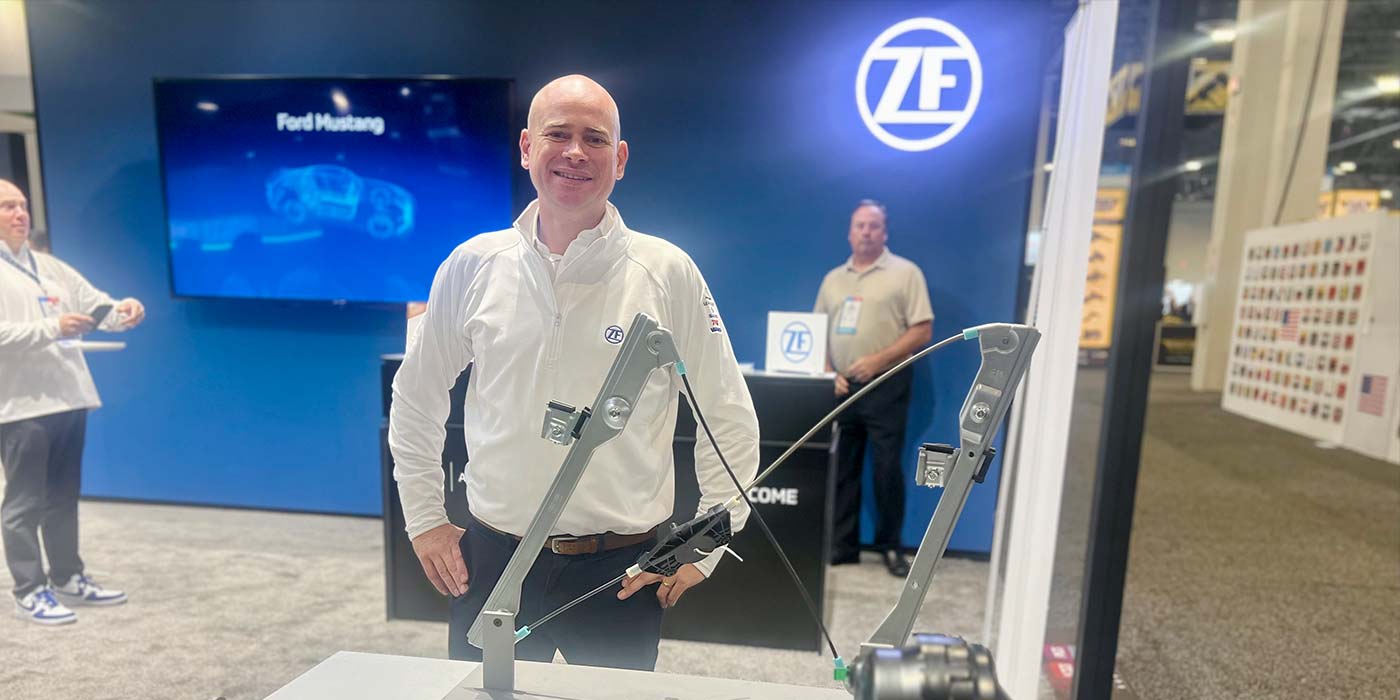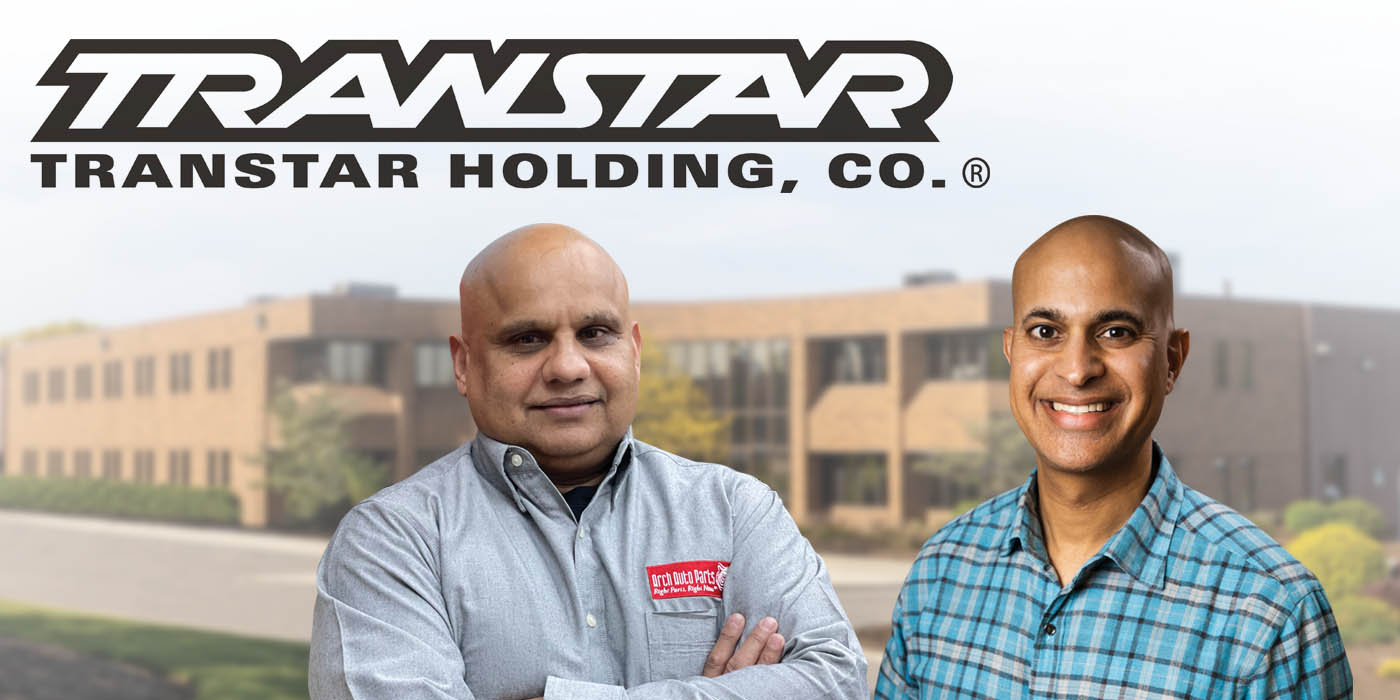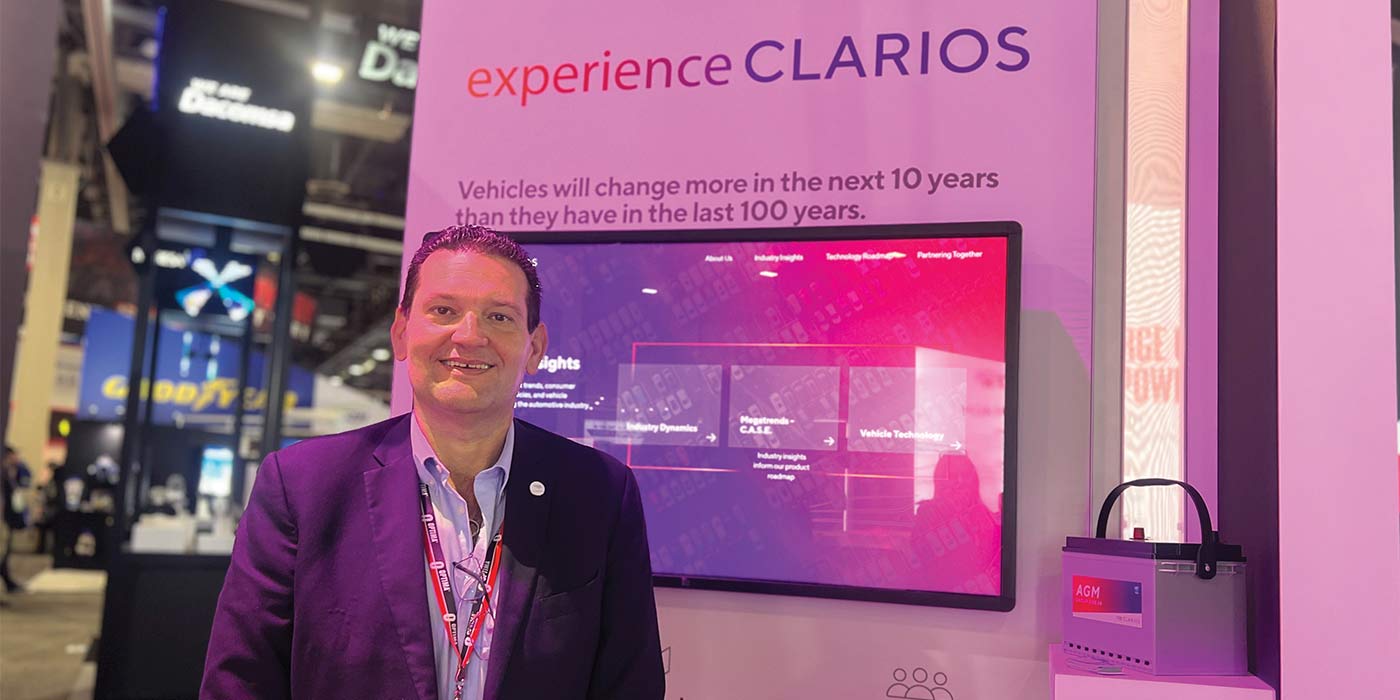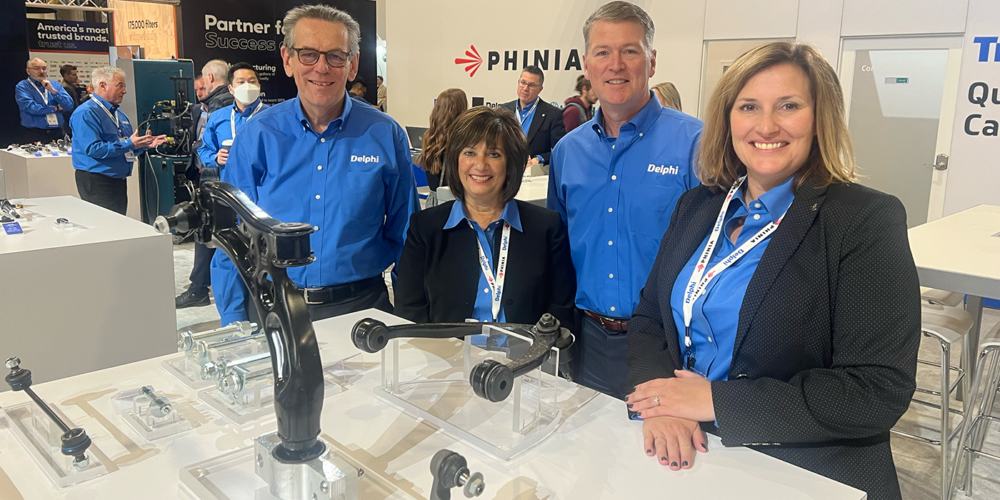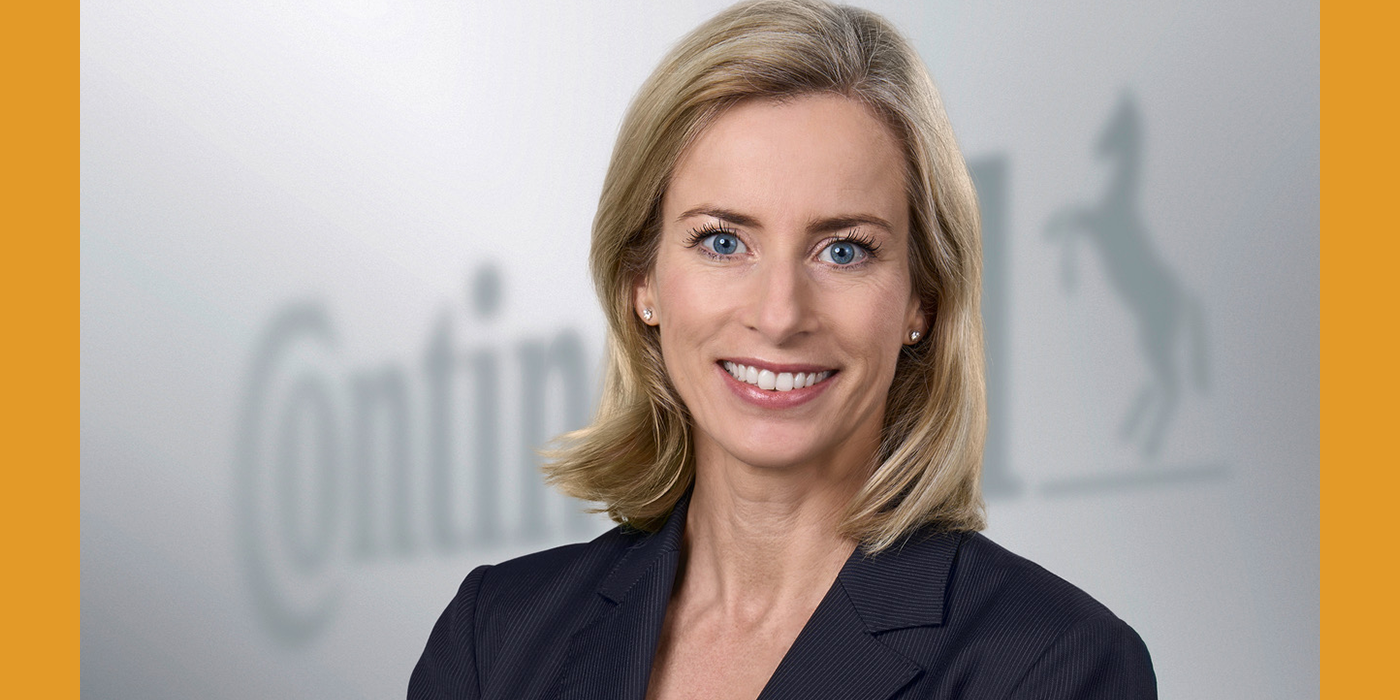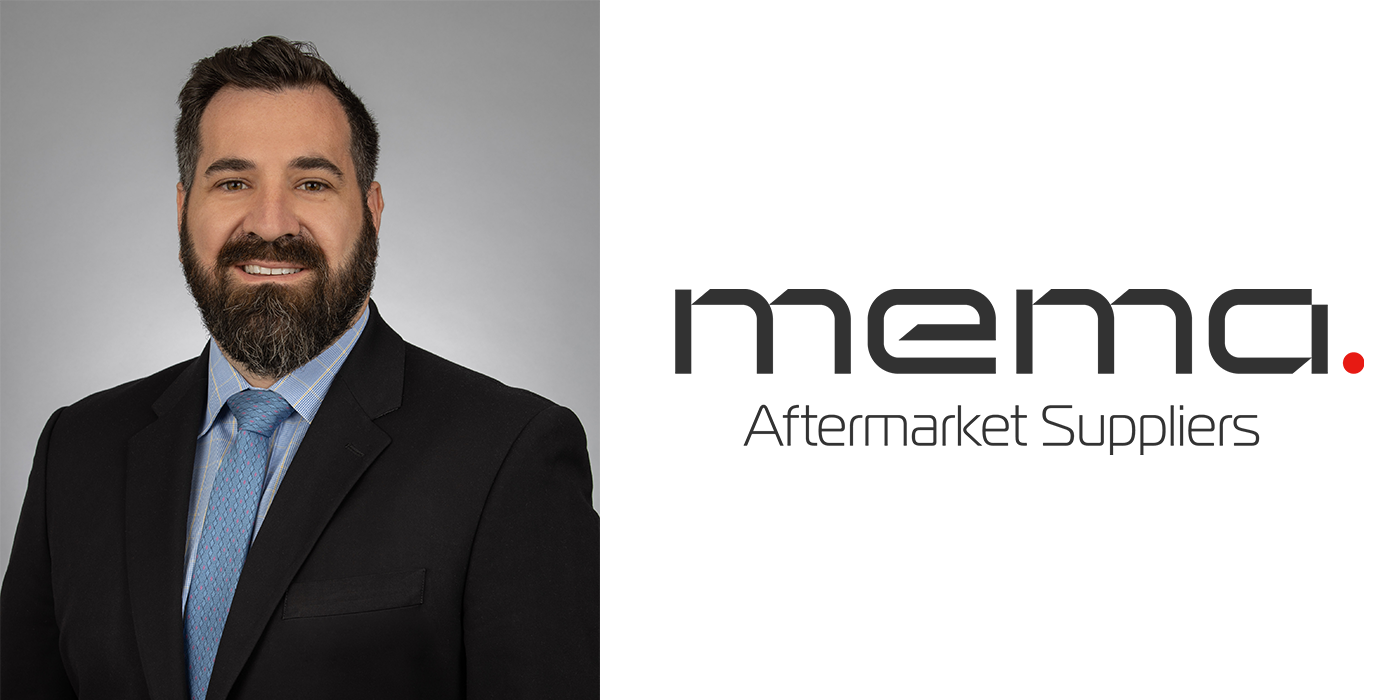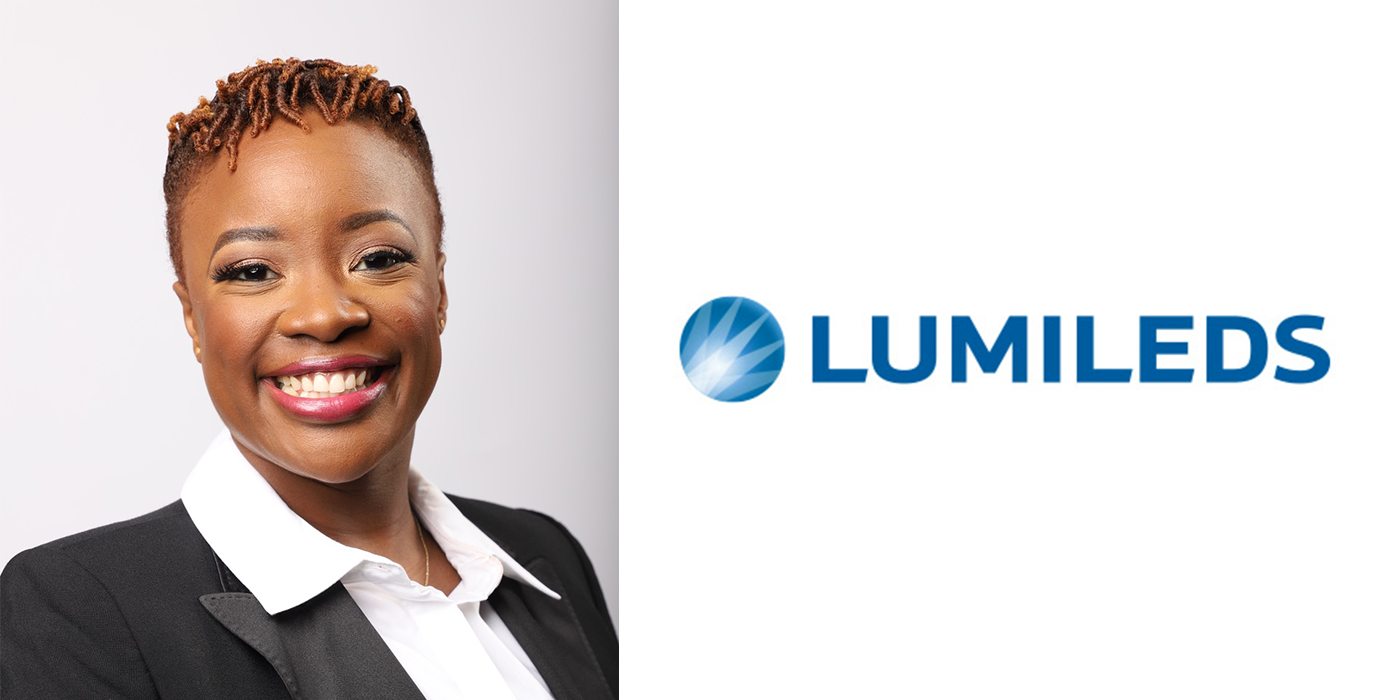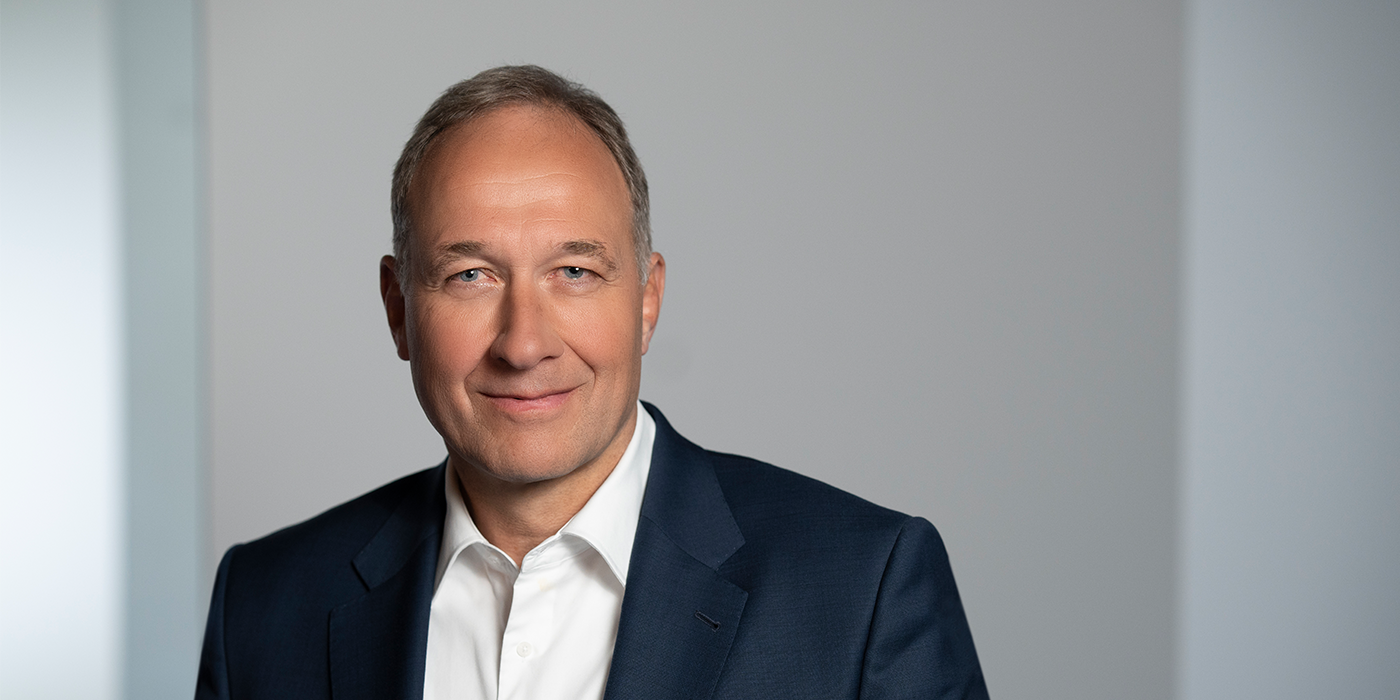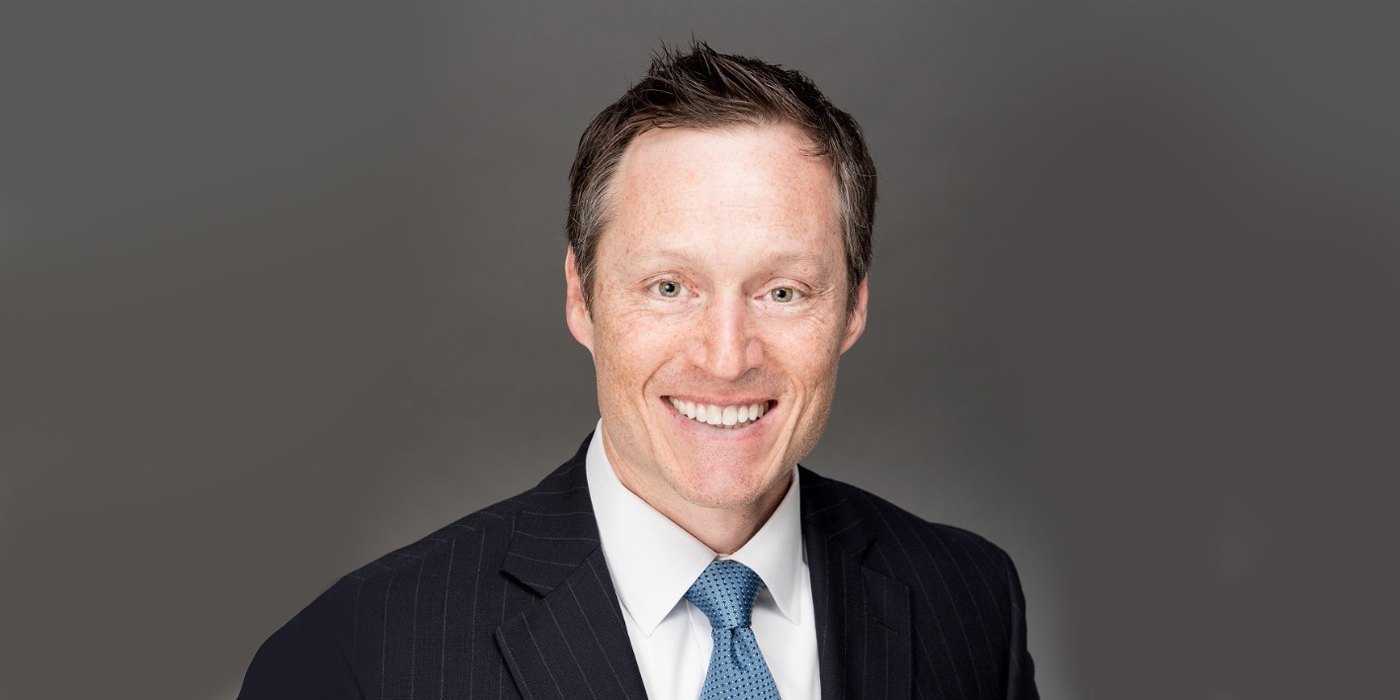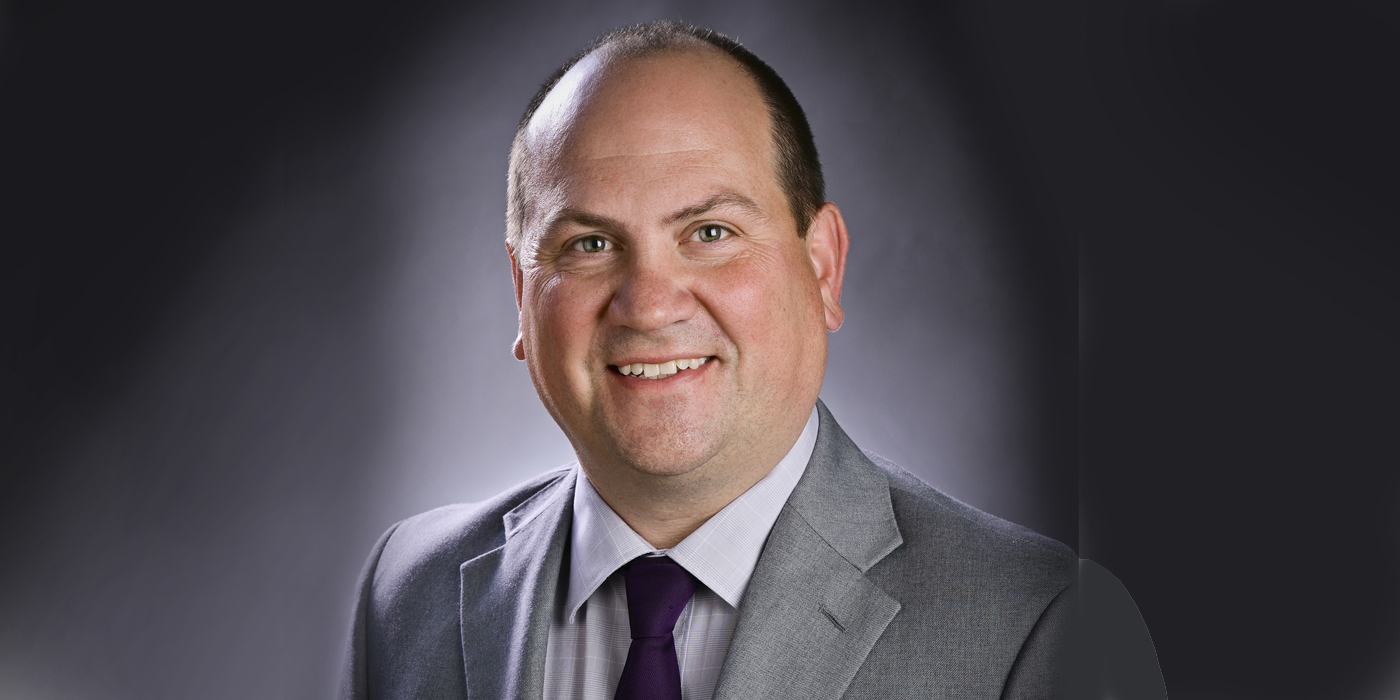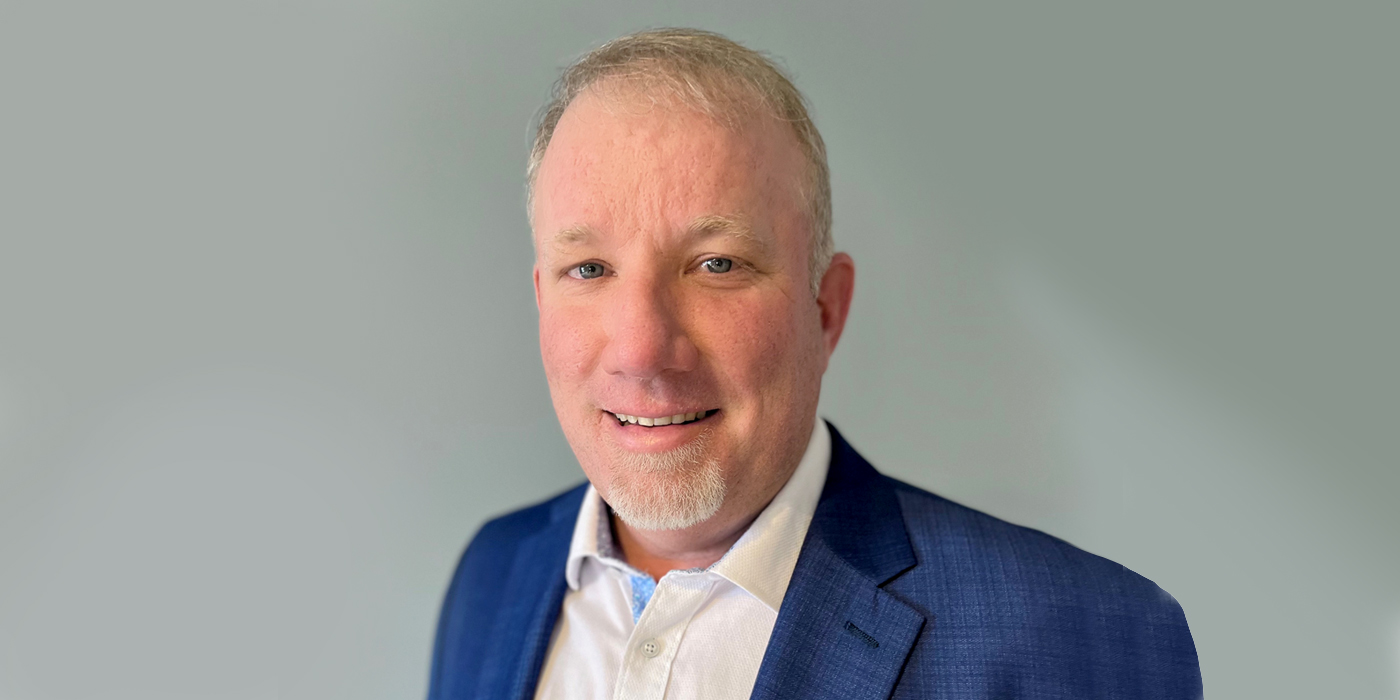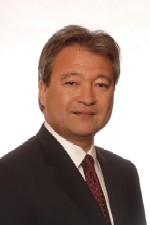 POMONA, CA — Christopher Northup joined Keystone Automotive in 1983, working in the corporate office as the marketing manager. At the time, the company had 12 locations and was entering the distribution and sale of alternative collision repair parts after a long history as a bumper recycler. He took on various sales and operations responsibilities and was named national sales and marketing director in 1988. Duties included development of sales and marketing management process, new product development and marketing direction development. Industry and insurance relations have been his responsibility since the mid-80s.
POMONA, CA — Christopher Northup joined Keystone Automotive in 1983, working in the corporate office as the marketing manager. At the time, the company had 12 locations and was entering the distribution and sale of alternative collision repair parts after a long history as a bumper recycler. He took on various sales and operations responsibilities and was named national sales and marketing director in 1988. Duties included development of sales and marketing management process, new product development and marketing direction development. Industry and insurance relations have been his responsibility since the mid-80s.
In 1997, Northup was named an officer of the company and vice president of sales and marketing. From this time until 2004 he also led the mergers and acquisitions team, including the integration and implementation group. In the company’s rapid growth and acquisition period, he maintained operations responsibilities and leadership for a majority of the companies operations nationwide.
Today, Northup continues to have various nationwide operation, sales and marketing responsibilities. He continues to function as the primary industry spokesperson for the company and currently serves on the I-CAR Education Foundation Board and various other collision industry committees and boards.
Join us as Northup brings us up to speed on the latest details regarding Keystone’s recent merger with LKQ and what the future holds for the two newly combined companies.
Late last year LKQ acquired Keystone, though in some of the press material we received it was characterized as a merger of the two companies, rather than an acquisition. Can you clarify this?
It has been characterized as a merger because of the synergy created by combining, or merging, the two company’s operations and the customers they serve. In a strict financial and investor sense, it is an acquisition with LKQ Corporation purchasing Keystone Automotive Industries.
What has changed at Keystone as a result of this acquisition/merger?
The most significant change is that the new company is able to offer the most comprehensive slate of alternative collision parts in the industry. What is not changing is our focus on our collision repair customers’ service and product quality needs.
What is the combined footprint for the companies following this merger/acquisition?
The merger presents unique opportunities to provide a comprehensive product line of aftermarket, remanufactured, reconditioned and OEM recycled parts to our customers. Our goal is to become the single-source provider of alternative parts for our customers’ collision repair needs while maintaining our long-held commitment to providing high-level customer service, industry-leading warranties and exceptional product quality.
How do the combined companies plan to market themselves going forward?
We developed a new ad in January that introduced Keystone as an LKQ company with the most extensive offering of alternative collision parts and supplies in the industry. The marketing, as well as the operational focus in moving forward, continues to center around Keystone’s strong commitment to customers.
What are the companies’ goals going forward? Do you plan to acquire more small businesses to add to the network?
LKQ/Keystone will continue to be the industry leader by pursuing appropriate market opportunities that complement our business model and market position, as well as staying focused on improving quality and customer service.
What are your thoughts on the future of the automotive recycling business?
Without quality alternative crash parts, car company parts prices will continue to rise. Car manufacturers will continue to push for patents on Original Equipment Manufacturer (OEM) parts with the intent to monopolize the collision repair industry. By providing quality, lower-cost alternative replacement collision parts, Keystone and LKQ are preserving competition in the industry by providing customers the option to repair their vehicles with confidence without paying steep prices like they would for expensive parts made by the car companies.
Philanthropy seems to play a big part in Keystone’s culture. Tell us about some of the charitable events the company participated in this past year and why it’s important for the company?
We are always looking for ways to give back through part donations, partnerships, in-kind donations, and offering our services and support to charitable programs and educational institutions. Recent projects include NABC Recycled Rides Program, SkillsUSA and the “Keys to Speed” campaign, which raised more than $50,000 for the I-CAR Education Foundation and Collision Industry Foundation.
High-quality customer service also appears to be very important to Keystone. In June last year, the company released the results of a Customer Satisfaction Survey that showed an overall combined satisfaction score of 96.3 percent. What do you think contributes to such high satisfaction among your customers?
At Keystone, we understand our customers’ business. Quality and reliability is important to our customers because their reputation depends on it, so we sell products that ensure we deliver on our promise of excellence. Keystone offers the first and only premium aftermarket product line, Platinum Plus, with one of the industry’s best warranties. We also test and retest our products to ensure that, in the end, our customers are satisfied. Additionally we reach out to our customers to hear what they are concerned about.
Aside from the financial and geographic benefits, what other strengths do you feel that Keystone brings to the partnership with LKQ?
Keystone has tremendous brand equity. The Keystone brand is synonymous with quality and reliability. Customers know Keystone as a distributor of top-tier, insurance-quality aftermarket parts. Together with LKQ, we now offer customers more choices with an expanded geographic reach and more customer service personnel to meet their needs. The merger also allows us to become a combining force to compete against big car companies in an effort to preserve competition in the alternative collision parts industry.

